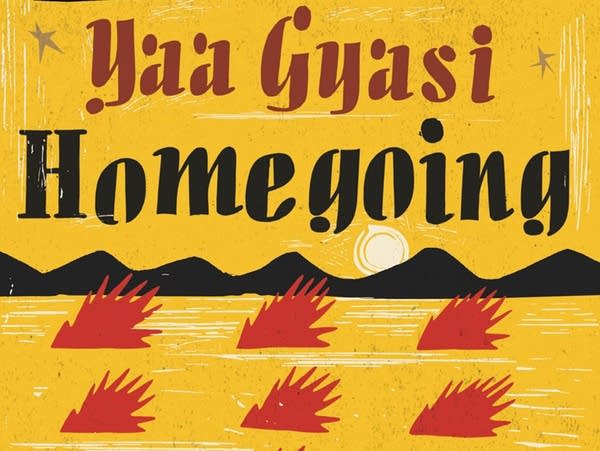'Homegoing' traces the roots of slavery on both sides of the ocean

'Homegoing' by Yaa Gyasi
Courty of Knopf
Go Deeper.
Create an account or log in to save stories.
Like this?
Thanks for liking this story! We have added it to a list of your favorite stories.


